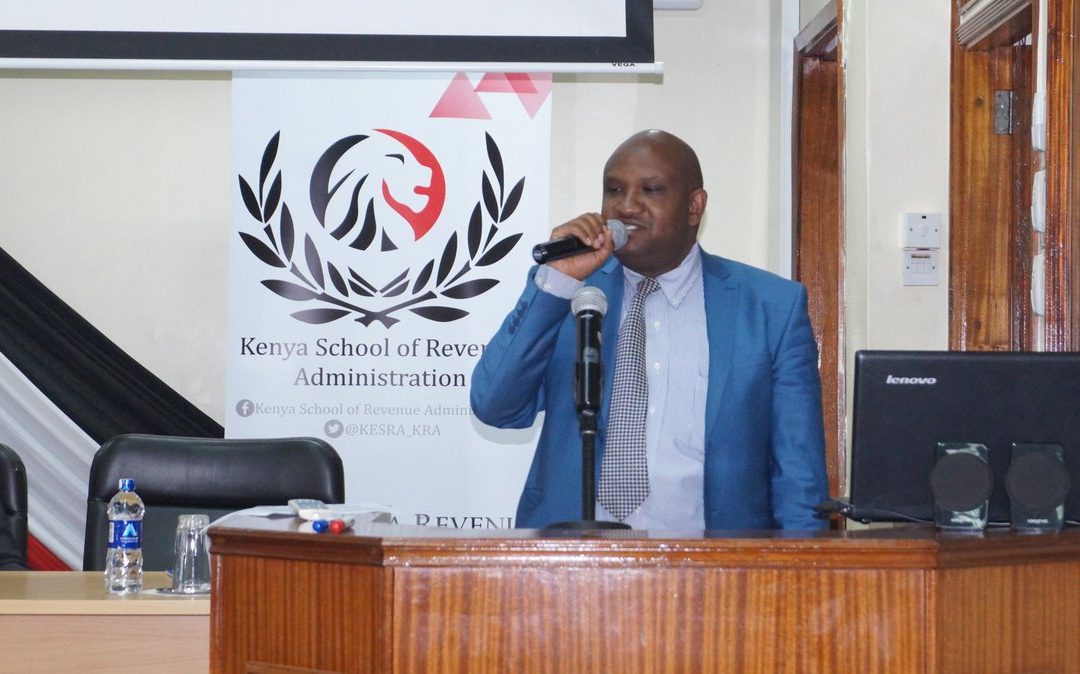Kenya has been identified as one of the leading countries currently fostering tax reforms for economic growth.
According to a global report on corporate taxation by OECD dubbed Corporate Tax Statistics (2nd Edition), Kenya has been singled out as one of the global jurisdictions with a generous accelerated depreciation corporate tax policy alongside Italy, Papua New Guinea and Cote D’Ivoire.
The 2019 report provides fresh insights into the global tax and economic activities of nearly 4,000 multinational enterprises (MNE) groups headquartered in 26 jurisdictions and operating across more than 100 jurisdictions worldwide.
“Among those jurisdictions, the average reduction of the statutory tax rate was 1.7 percentage points; in 2019, the largest reductions were observed in Italy (4.9 percentage points), Kenya (3.8 percentage points), Papua New Guinea (3.7 percentage points) and Cote d’Ivoire (3.4 percentage points),” the report confirms.
Speaking moment after perusing the report, Kenya Revenue Authority (KRA) Commissioner-General Githii Mburu acknowledged that Kenya had managed to make headway on the corporate tax front. He said further engagements and reform work is also underway as part of the national effort to tackle Base Erosion and Profit Sharing (BEPS).
“The Corporate Tax Statistics report provides a welcome dashboard on the global status and will allow us to enhance our ongoing benchmarking against global standards such as the BEPS Action plan,” Mburu said, adding that, “The Government through the National Treasury among other agencies have been providing much-needed support to ensure adherence to multilateral treaties and conventions required on this front.”
Kenya’s tax policy allowing for the expending of intangible assets is also noted as an innovative development. In many jurisdictions, investments in intangibles are subject to very different effective tax rates (ETRs) due to significant variation in tax treatment across jurisdictions.
The new OECD analysis also shows that corporate income tax remains a significant source of tax revenues for governments across the globe, accounting for 14.6{d59e984f9fbc5c09e4ab0305e27bfa5819922b7230cd324f89a660f78358ca33} of total tax revenues on average across the 93 jurisdictions in 2017, compared to 12.1{d59e984f9fbc5c09e4ab0305e27bfa5819922b7230cd324f89a660f78358ca33} in 2000. Corporate taxation is even more important in developing countries, comprising on average 18.6{d59e984f9fbc5c09e4ab0305e27bfa5819922b7230cd324f89a660f78358ca33} of all tax revenues in Africa and 15.5{d59e984f9fbc5c09e4ab0305e27bfa5819922b7230cd324f89a660f78358ca33} in Latin America and the Caribbean, compared to 9.3{d59e984f9fbc5c09e4ab0305e27bfa5819922b7230cd324f89a660f78358ca33} in the OECD.
